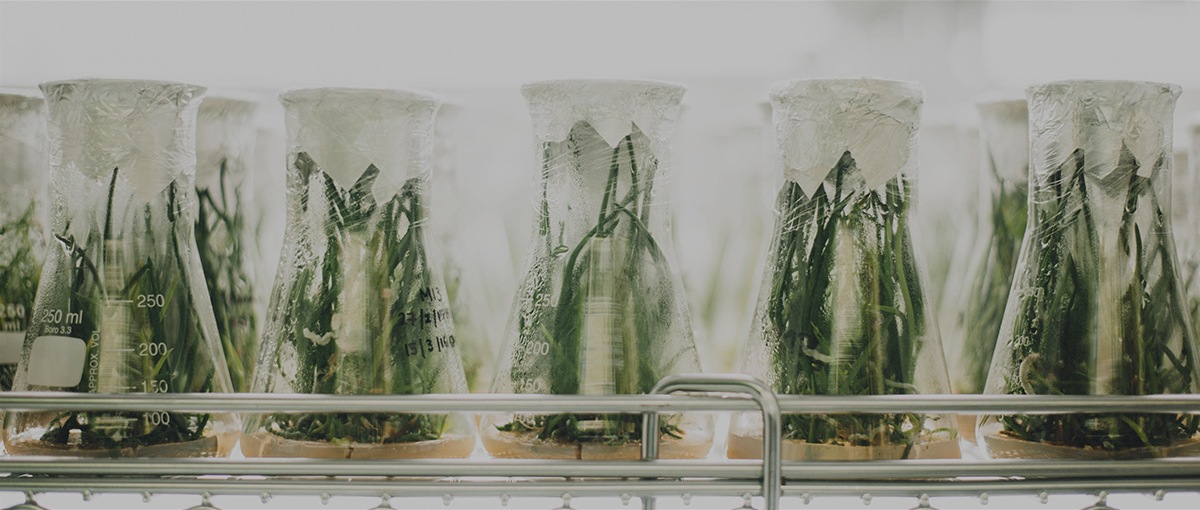Basic knowledge of – and appreciation for – chemistry is vital in today’s highly technical society. Humans, planet Earth, and the rest of the universe are chemical entities; to overlook this is to lose a very important perspective on the nature of humanity and its connection to the world around them. To arrive at conclusions concerning the nature and meaning of life without this perspective would be as misleading as ignoring perspectives in philosophy, biology, religion, world civilization, government, sociology, psychology, the arts, and other facets of the liberal arts curriculum.
The Chemistry Department provides basic information to non-majors and more extensive information to majors allowing them to better assess the roles of the individual and humanity within their environment. Our approach includes descriptions of structure and organization, laws and relationships, and practical implications of both. By its nature, the third objective of the mission statement requires the bulk of our attention and effort. It is a primary responsibility to provide a solid academic background in chemistry so that our students can function productively in their field.
Chemistry major graduates have been very successful in the past, with most either obtaining direct employment in industry or education or entering graduate school for chemistry, medicine, dentistry, and pharmacy.
Programs
A B.A. or B.S. in chemistry makes a college graduate stand out in the competition for employment and graduate study: however, expertise in renewable energy technologies, environmental chemistry or instrumental analysis makes a graduate truly unique.
To learn more about requirements and electives for the bachelor of arts in chemistry, click here. For the bachelors in science, click here. A minor is also available to students interested in pursuing one.
